Need for specific mechanism for higher education
Speaking at the discussion in Group 1, National Assembly member Nguyen Thi Lan assessed the draft Law on Artificial Intelligence as a pioneering law, creating a legal foundation for a technology field that is decisive for national competitiveness in the coming decades. The delegate also said that the draft has a very progressive approach such as: risk-based management; building infrastructure, data and testing environment for AI; promoting ethics and accountability and most importantly, shaping a comprehensive human resource development policy, in line with Vietnamese practice and international trends.
To complete the draft Law and bring it into life more effectively, National Assembly Deputy Nguyen Thi Lan commented on a number of key issues. First of all, it is necessary to complete the mechanism for developing AI human resources (Article 24 and Article 1). According to the analysis of the delegate, the draft has outlined the orientation for developing AI human resources in Article 24, but there are still three major bottlenecks in higher education that the law has not resolved, namely the slow procedures for opening new majors, while AI changes very quickly; schools have difficulty attracting international experts due to the lack of specific mechanisms; there is no strong policy for developing AI lecturers...
In addition, Article 1 stipulates that AI used for “research and training” is not within the scope of the law, but it does not clarify what “internal use” means. If not clearly explained, the management agency may misinterpret it, limiting cooperation between universities and businesses, while this is a very important activity for developing high-quality AI human resources.
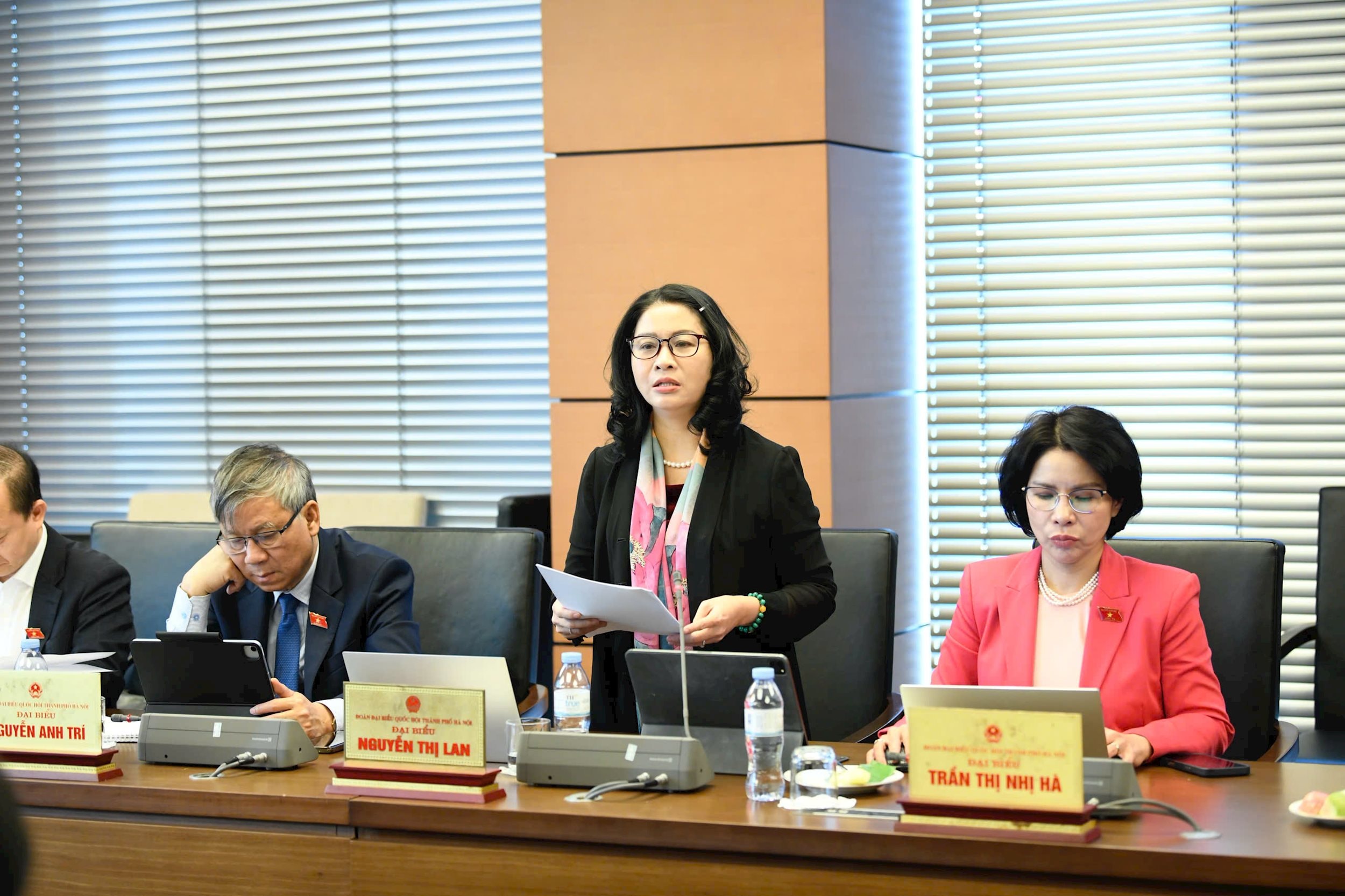
"Therefore, I propose to add to the Law specific mechanisms for higher education, allowing schools to proactively open new majors; have policies to attract international experts; and have mechanisms to develop lecturers, especially in the fields of AI - data - automation. At the same time, it is necessary to clarify the scope of "AI for research - training" to ensure open academic activities," emphasized National Assembly Deputy Nguyen Thi Lan.
At the same time, delegates also cited experiences from Singapore, South Korea and Israel showing that where universities are given strong autonomy and encouraged to cooperate with businesses, AI human resources develop quickly and sustainably. Vietnam's practice also proves that schools with flexible mechanisms train better and faster teams.
There is a need to clearly define the principles for the types of AI that can be tested.
Commenting on the controlled testing mechanism (sandbox) in Article 22, National Assembly Deputy Nguyen Thi Lan highly appreciated the draft's inclusion of the sandbox mechanism because this is an important tool for testing new technologies before widespread deployment. However, Article 22 is still quite general, not clearly stating which subjects are allowed to participate; criteria for selecting testing models; pilot period, legal responsibility when risks occur and data protection mechanism... Therefore, the delegate believes that if these principles are not clarified in the Law, the sandbox will be difficult to operate in practice or will be applied too cautiously, causing innovation to slow down.
"The law needs to clearly stipulate the principles of the types of AI that can be tested; the rights and obligations of participating units, including universities, research institutes and startups; testing period; risk assessment criteria and compensation mechanisms. The detailed technical procedures can be assigned to the Government to regulate later to ensure flexibility," National Assembly Deputy Nguyen Thi Lan proposed.
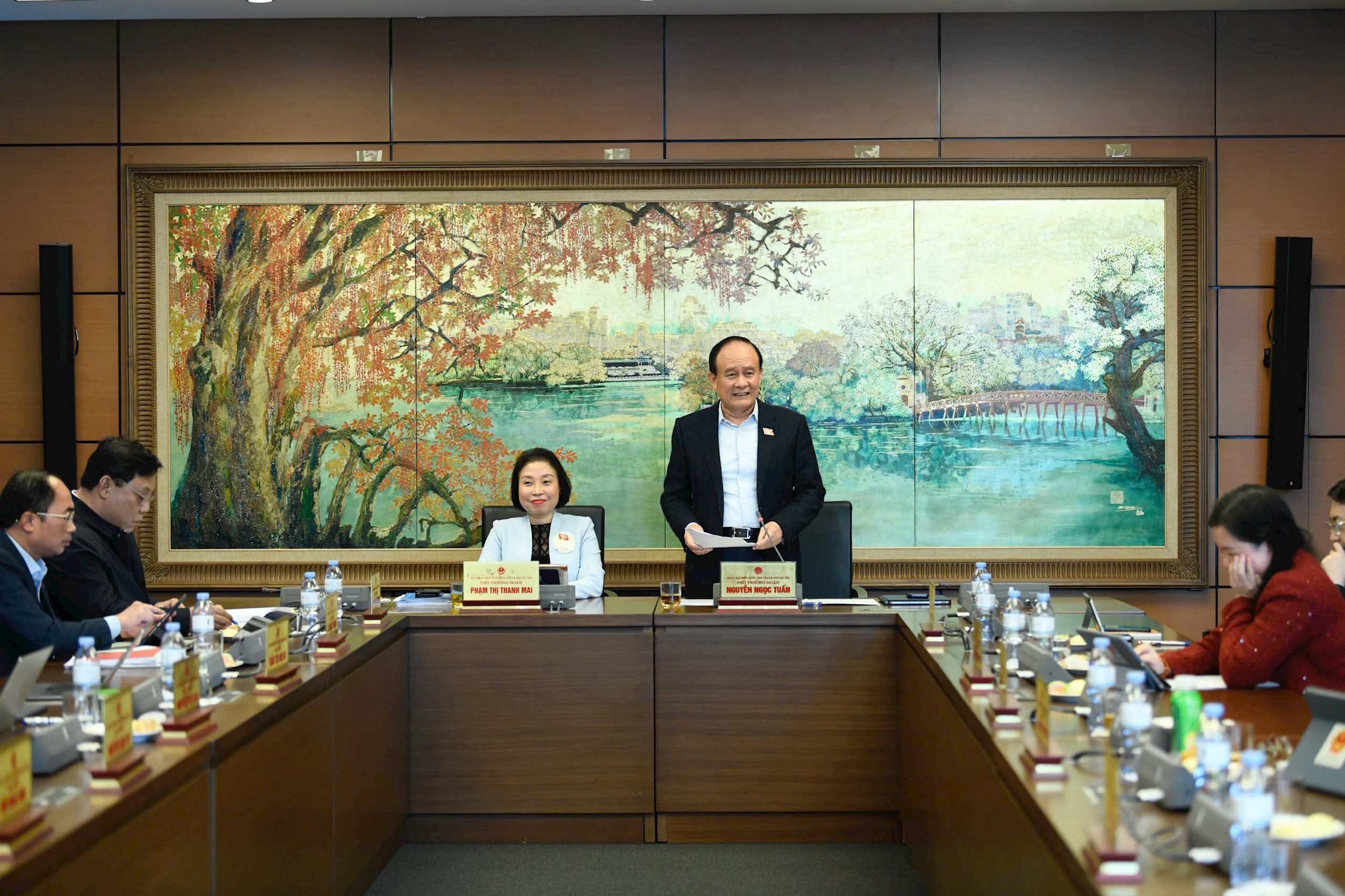
The delegate also cited international lessons that showed that the sandbox mechanism of Singapore, the UK or the EU is only effective when it is transparently legalized, helping to shorten the time to deploy new technology by 50-70%. Meanwhile, in Vietnam, there is currently a lack of testing environments for AI in agriculture , healthcare, education, transportation or smart cities. Therefore, completing Article 22 will open the way for many new generation AI models, promoting R&D and innovation.
Regarding the national strategy on AI, National Assembly member Nguyen Thi Lan analyzed that although Article 20 has established a correct orientation framework for the National Strategy on AI, including technology, infrastructure, data and human resource development, the content is still general and has not clearly defined strategic priority areas, while these are areas where AI can create strong spillover effects and are suitable for Vietnam's conditions. Without a focus, the Strategy can easily be spread out and difficult to create breakthroughs.
Therefore, delegates suggested that it is necessary to clearly identify priority areas such as agriculture, health, education, environment and public administration; at the same time, stipulate principles for selecting key areas and responsibilities of each ministry and sector in implementing the Strategy because this is an important requirement to ensure the Strategy is feasible and creates real value.
Experience from Singapore, South Korea and the EU shows that AI strategies are only effective when priorities are clearly defined and there is a transparent monitoring mechanism. Vietnam's practice also proves that AI models in agriculture, healthcare and education, if invested in intensively, will produce clear results and have high potential for dissemination. "With the above spirit, I expect that the draft Law on Artificial Intelligence, when completed, will create a strong enough legal framework, promote innovation, develop high-quality human resources and open up new space for AI applications to serve socio-economic development, ensure security, improve people's lives and bring Vietnam faster in the digital age," National Assembly Deputy Nguyen Thi Lan emphasized.
Building an "AI culture"
Delegate Bui Hoai Son highly appreciated Article 4 of the draft Law, which affirmed the principles of “taking people as the center, respecting human dignity, human rights, privacy and ensuring public interests”; “ensuring safety, fairness, transparency, no bias, no discrimination and no harm to people or society”; “complying with the law, ethical standards and cultural values of Vietnam, contributing to strengthening order, morality and healthy social development”; at the same time, “promoting innovation associated with green, inclusive and sustainable development, preserving national cultural identity”.
According to the delegate, with a technology law, placing culture, ethics, identity and people at the center is a very correct choice. This is consistent with the spirit of the Constitution, with the Party's guidelines regarding culture as the spiritual foundation, the goal and driving force for development, and at the same time clearly shows the message: AI must serve people, not replace people. From a cultural perspective, National Assembly delegate Bui Hoai Son said that this is the foundation for us to build an "AI culture" - that is, a system of values, standards, lifestyles and behaviors of people in an environment increasingly saturated with technology.
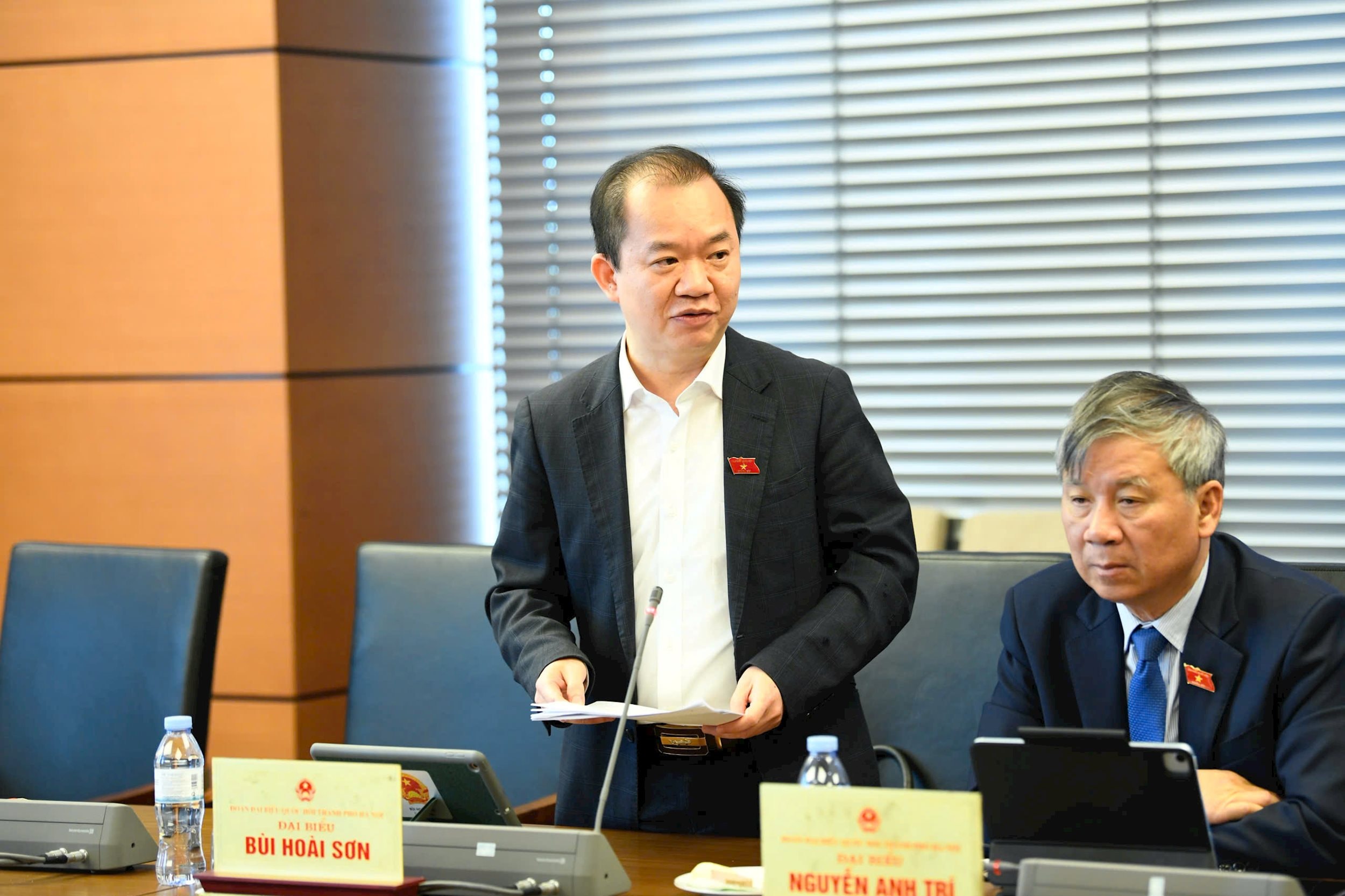
To make these principles easier to implement, delegate Bui Hoai Son agreed with the opinion of the Committee on Science, Technology and Environment that the principles should be restructured into groups: group on people and rights, group on safety - risks, group on ethics - law, group on development - integration, to avoid duplication, increase logic and ease of application for implementing entities. At the same time, it is necessary to consider adding clear principles on accountability and traceability for AI systems, ensuring that all systems can be audited and monitored throughout their life cycle, especially in sensitive areas such as journalism, media, education, and culture.
National Assembly Deputy Bui Hoai Son also suggested clarifying the content related to vulnerable groups: women, children, people with disabilities, ethnic minorities, etc. AI can unintentionally reproduce gender, regional, and ethnic prejudices if the training data contains such prejudices. Therefore, in Article 4 and the provisions on user protection, it is necessary to add requirements to assess the socio-cultural impact and the impact on gender equality, on vulnerable groups in the process of designing and operating AI systems. At the same time, the delegate expressed agreement with the review agency's suggestion that the draft Law should have separate provisions on the rights of users and people affected by AI systems, such as the right to know and the right to request humans to review automated decisions made by AI.
"This is not only a legal issue but also a cultural issue: ensuring that people always maintain control and are not unconsciously "controlled" by algorithms in their daily lives," National Assembly Deputy Bui Hoai Son emphasized.
Notably, National Assembly Deputy Bui Hoai Son highly appreciated this approach because it linked the Law on Artificial Intelligence with Resolution 71 of the Central Committee on breakthroughs in education and training development, as well as the Resolution on specific mechanisms and policies to implement Resolution 71-NQ/TW, which is also being considered by the National Assembly at this session. However, from the practice of cultural education, the delegate said that teaching AI in schools is not only about teaching skills in using tools, but also about teaching "digital culture", "technology ethics" and information assessment capacity. Learners need to understand the risks such as misinformation, manipulation of public opinion, dependence on machines, and loss of independent and creative thinking capacity.
Therefore, delegates suggested that the draft Law should emphasize more on educational content on: privacy, personal data protection in the AI environment; respect for copyright, related rights, creative ethics when using AI in art; along with training in aesthetic capacity, critical thinking, the ability to distinguish between human-generated content and AI-generated content, so as not to equate everything, not to lose the "soul" of culture.
Source: https://daibieunhandan.vn/chu-dong-tan-dung-cac-co-hoi-cua-lan-song-cong-nghe-moi-10396562.html








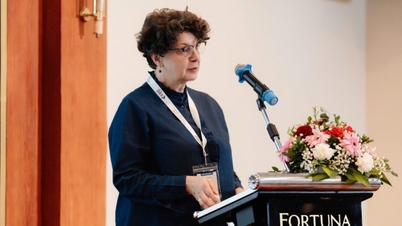









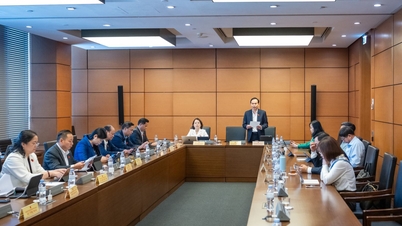

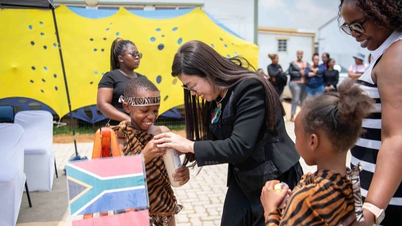

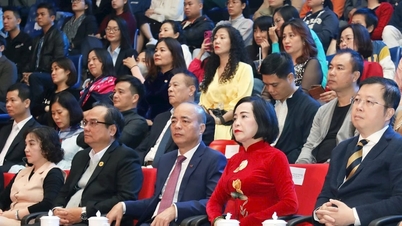
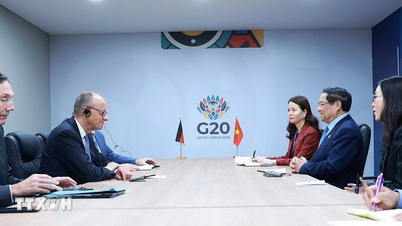

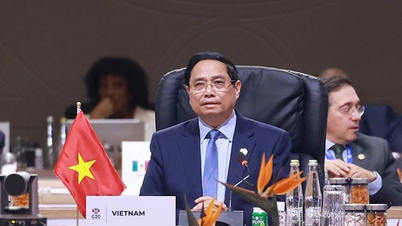

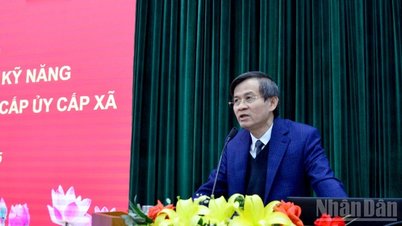




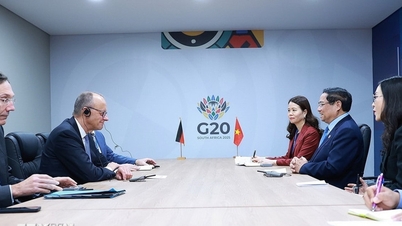
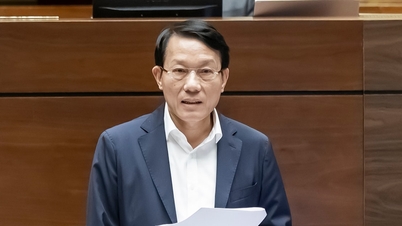
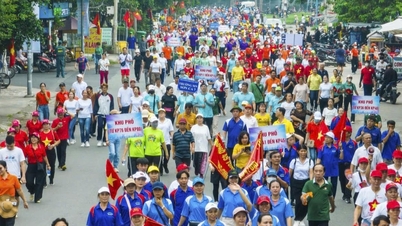
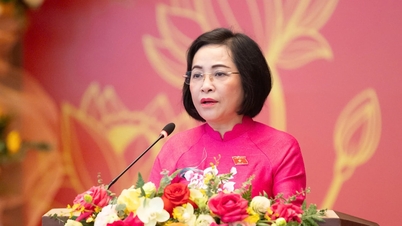
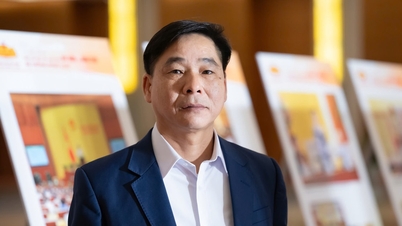
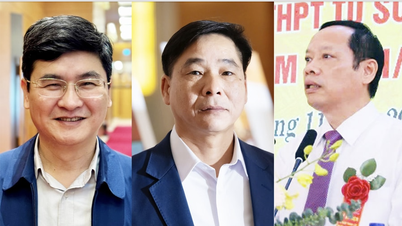

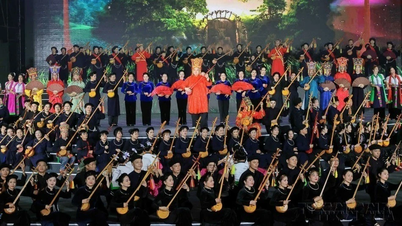






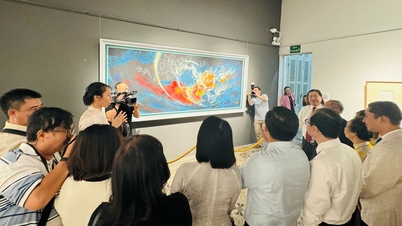


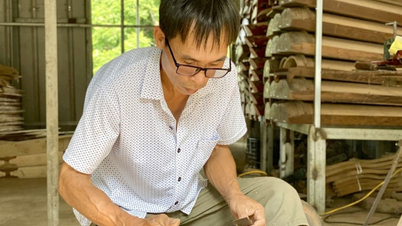

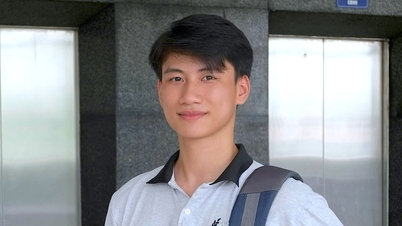



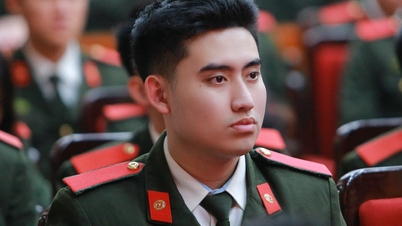

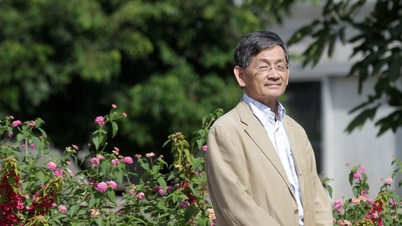


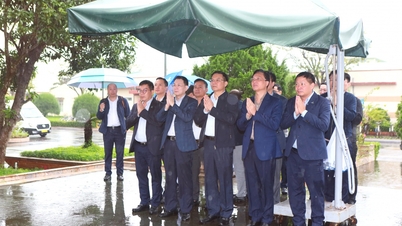
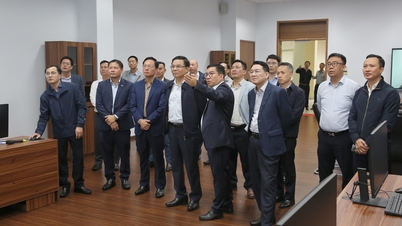










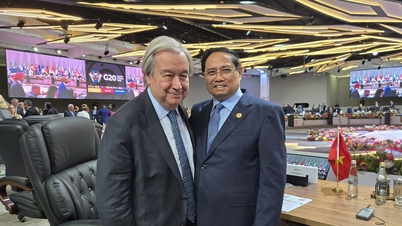

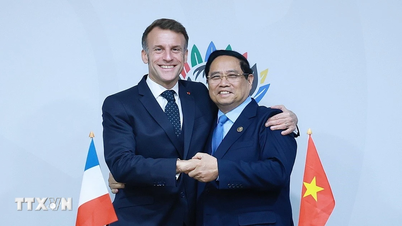


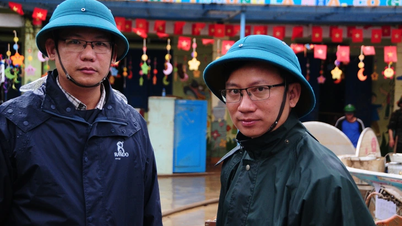
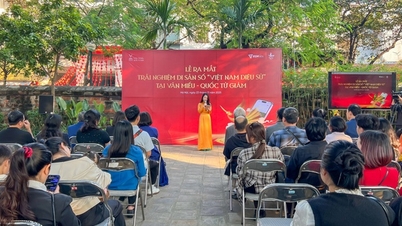


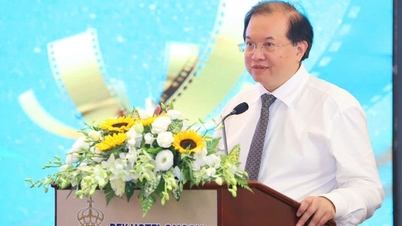
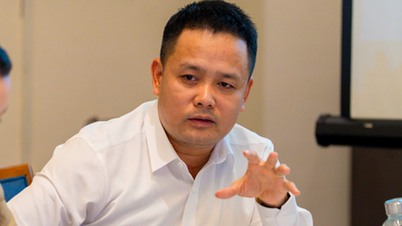





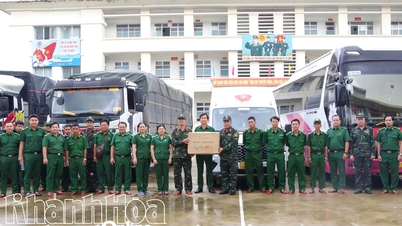


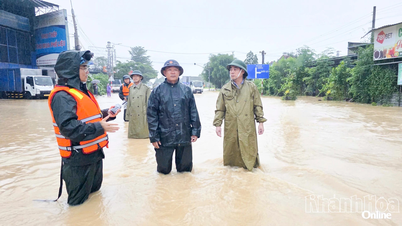














Comment (0)